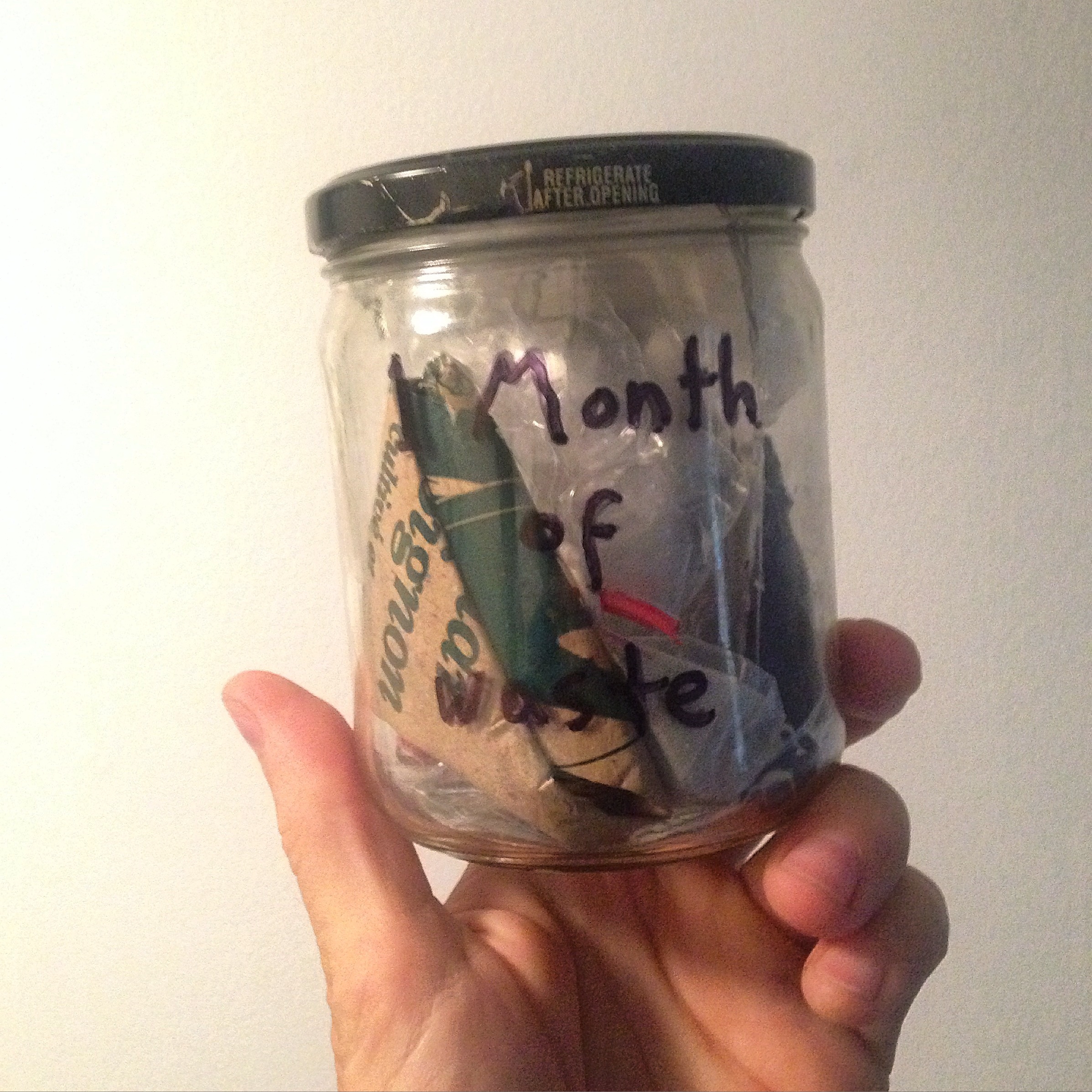How to reduce waste this Christmas
I love Christmas. Probably more than a grown man should. It's a great time of the year that really demonstrates our community spirit in a positive light, even if that spirit is based around drinking spirits.
It's also one of the rare times of the year that people eat mostly seasonal food due to the traditions set when seasonal food was the only option.
However, one thing I have struggled with is the waste of Christmas. There is so much social pressure through work, friends and family to buy into the consumerism of it all that it can be hard to stick to values you might otherwise throughout the rest of the year.
Here are some ways to reduce this waste while also avoid being labelled a miserable, anti-Christmas Scrooge.
Let me know if you have any other suggestions in the comments below.

Wrapping Paper
Why is it a problem?
It's often not made from recycled paper and because of all the fancy, shiny stuff added to make it look snazzier, can't actually be recycled, and that's just the paper. The ribbon and bows etc, none of that gets recycled and is made from plastic so is going straight to the landfill.
What is the solution?
Obviously you could opt for not wrapping it at all, but that does somewhat ruin the surprise. Instead use an old magazine or newspaper. The bonus of this is that if you and your friend have different political views you can even carefully select the pages to add subliminal propaganda to their present.
The office Secret Santa
Why is it a problem?
Is it just me or do you always get assigned the person in the office you know least about? It usually slides quite far down on your priority list and then the day before you panic and buy something in a rush. It can be fun and the gifts often cause some laughter but then what? So often the gifts are throw away items, wrapped in single use plastic, that cause a few minutes of joy but years of misery for the planet.
What is the solution?
As tempting as it is to stand defiantly with a raised Eco fist in the air while everyone around you swaps presents it's probably less damaging on your social status to simply buy ethically. Use the opportunity to give a gift to someone who actually needs it. If everyone at the office brought their gifts form a charity store then the impact is much smaller. The gift is used, the money goes to charity, and if the person has no use for it they can just return it to a charity shop afterwards.
Christmas Cards
Why is it a problem?
We send cards all over the country to show people we are thinking about them at Christmas which is an amazing display of love for friends and family. However, that card is often made of non-recycled paper and is covered in glitter and shiny bits and pieces so can't be recycled afterwards. It is also, like many Christmas traditions, a disposable, single use item. Once the card has been on display for a few weeks it is put in the recycling, but often not actually recycled. That's an unnecessary waste of energy and resources for a picture of a snowman and a few thoughtful words.
What is the solution?
If you absolutely have to buy cards make sure they are small, of recycled materials and can be recycled. It still uses a lot of energy to produce and recycle them though so why not make them yourself out of used cardboard. Alternatively, call someone and have a chat instead. It will mean far more to them than the card and leaves no impact.

Christmas Tree
Why is it a problem?
I always loved the Christmas tree at home it was a sign that Christmas had arrive. However, it does seem quite a strange tradition to decorate a dead tree in the corner of your room for a few weeks. Sure it smells and looks lovely but it really isn't the best for the environment. There are alternatives to the cut tree in plastic form, but then, why are we putting up a plastic tree in our house? Not to mention the waste when all that plastic inevitably goes to the landfill.
What is the solution?
Source a potted tree that you can bring in for Christmas and move outside afterwards. Not only is this better for the environment it actually saves you money too. However, why restrict yourself to keeping trees inside for only 1/12th of the year? Buy an indoor plant and just leave it in the house all year round. You can still decorate the tree but just lay off the tinsel. That plastic, shiny shit isn't helping anyone.
Overall consumerism of it all
Why is it a problem?
The tradition of Christmas has long been diluted and morphed into what it is today. The main focus has become spending money. The media is obsessed with it and nearly every advertisement is focused on selling Christmas. We have fully bought into this and spend hundreds every year on gifts for those we love. While the giving and receiving of gifts is a magical thing, it has got way out of hand. No matter what the product, even ethically sourced ones, if you buy something new, then energy and resources are used. Mo' presents, Mo' problems.
What is the solution?
The hard line is to not buy into any of it, enjoy the festive time with family and friends, eat good food, drink, laugh, and drink some more. But it is hard to take such a drastic measure when everyone else around you has gifts to exchange. Instead just be mindful of the spending, go with quality over quantity. It is the perfect time to try to make something yourself, buy something second hand, or better yet gift someone to an experience. An experience has a reduced impact and is something that you can do with that person thereby strengthening the relationship. A memory lasts a lifetime...and so does plastic.

Over the top Christmas decorations
Why is it a problem?
If you have to ask you're probably at the wrong website.
What is the solution?
Disown your neighbours.
Finally, don't be too hard on yourself. Even if you only manage to do one thing that you didn't last year then you have still reduced your impact. If everyone does one small thing to reduce their impact then the world is moving in the right direction.
Do you have any suggestions for ways to reduce your waste at Christmas, I'd love to hear in the comments below.















